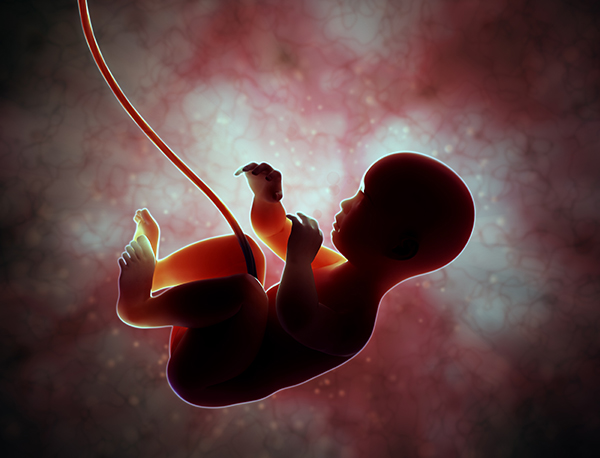
Science Update: Delayed cord clamping may benefit infant brain development, NIH-funded study finds

-stock photo
A 5-minute delay in clamping the umbilical cord after birth may benefit an infant’s developing brain, suggests a small study funded by the National Institutes of Health. The delay, which is a change from the traditional practice of clamping and cutting the cord immediately after birth, allows iron-rich red blood cells to flow from the placenta into the infant’s circulatory system. By 4 months of age, the brains of infants in the study who underwent delayed clamping had more myelin, a brain-insulating material, compared to those whose cords were clamped within 20 seconds. Myelin, which accelerates communication in the brain, is produced by iron-dependent brain cells.
































No hay comentarios:
Publicar un comentario